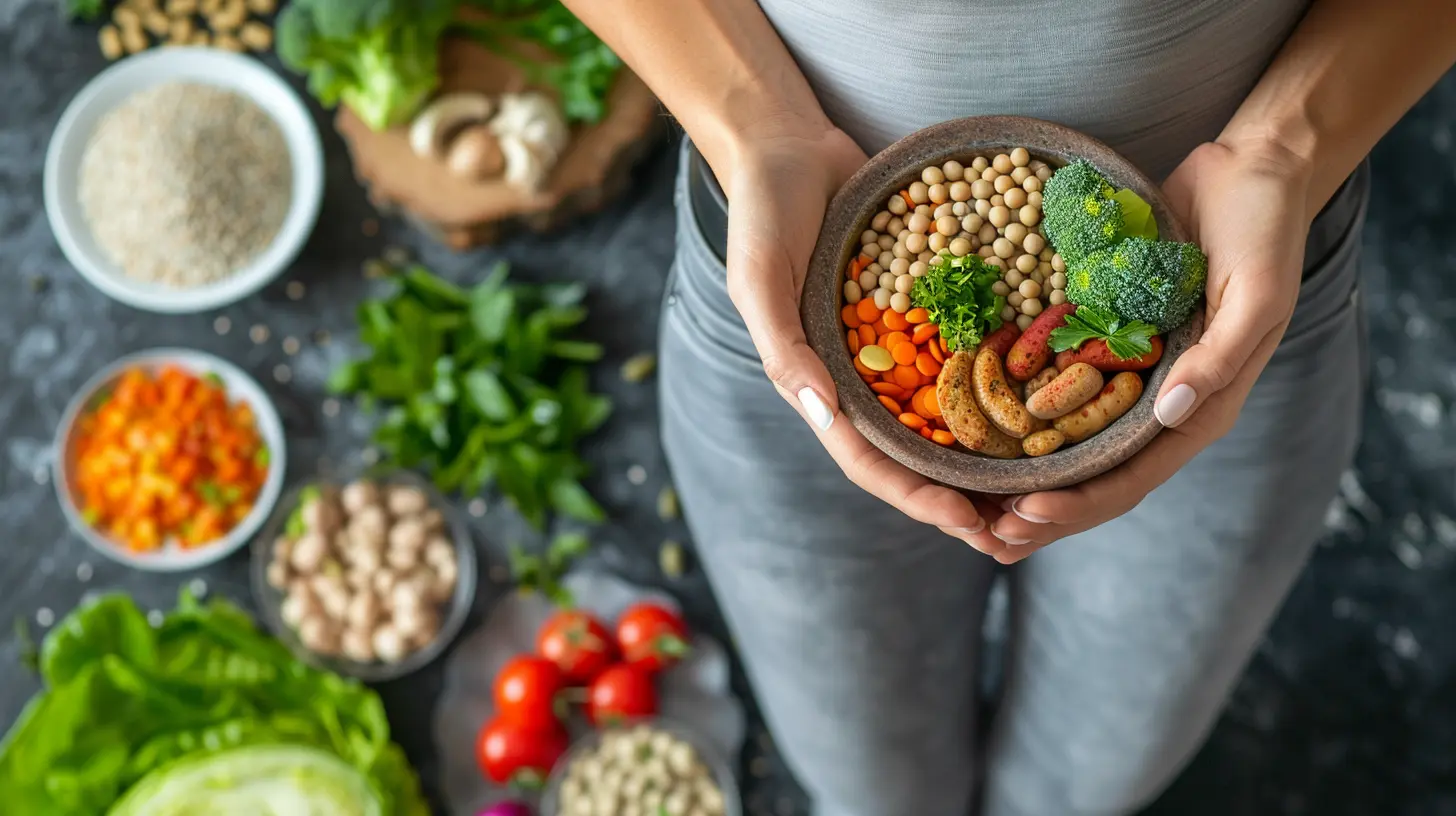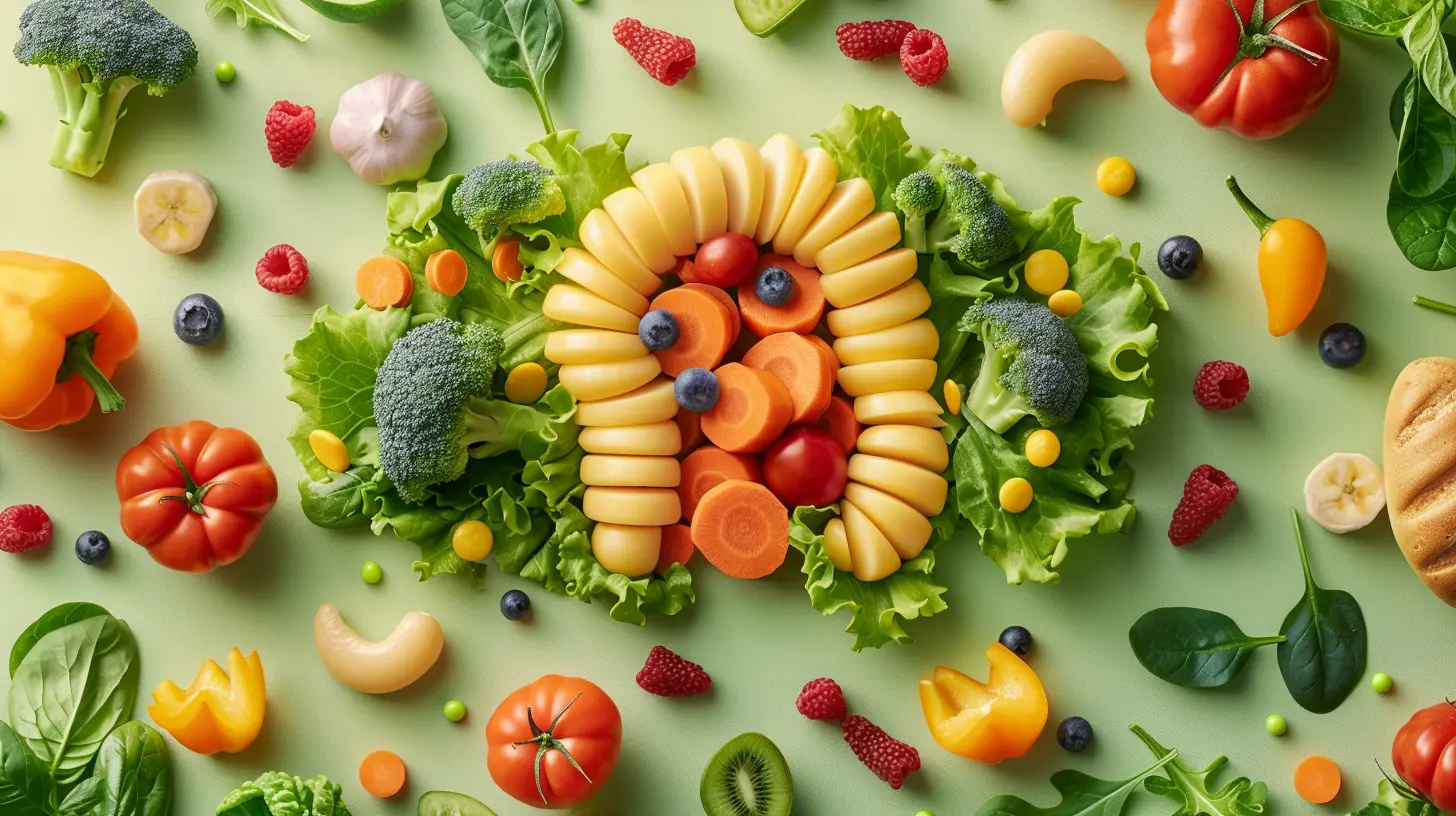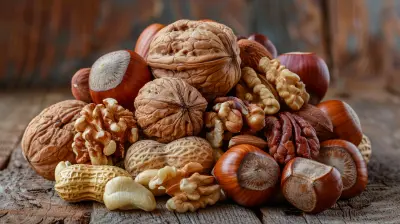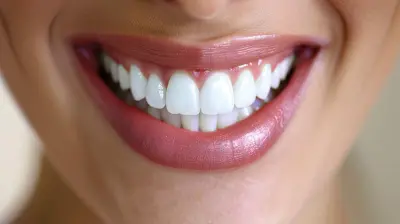Can Gut Health Impact Your Weight? Exploring the Link
16 October 2025
Ever wondered why some people seem to eat whatever they want and never gain weight, while others struggle no matter how hard they try? The answer may not be as simple as "calories in, calories out." In fact, your gut health could be playing a bigger role in your weight than you realize.
Yes, the tiny microbes in your gut—also known as gut bacteria or gut microbiota—can influence your metabolism, digestion, and even your cravings. So, is it possible that an imbalance in your gut bacteria could be holding you back from reaching your ideal weight? Let’s dive into the science behind gut health and its surprising connection to weight management. 
What is Gut Health?
Before we get into how it affects your weight, let's talk about what gut health actually means.Your gut is home to trillions of bacteria, both good and bad. These microbes help break down food, absorb nutrients, and even support your immune system. When there’s a balance between beneficial and harmful bacteria, your gut functions smoothly. But when this balance is disrupted—often due to poor diet, stress, or antibiotics—it can lead to digestive issues, inflammation, and yes, even weight gain. 
The Gut-Weight Connection: How Your Microbiome Affects Your Metabolism
Scientists have been studying the gut microbiome for years, and the findings are fascinating. It turns out that the composition of your gut bacteria could determine how efficiently your body processes food and stores fat.1. Gut Bacteria and Calorie Absorption
Did you know that the bacteria in your gut influence how many calories you absorb from food? Some types of bacteria break down fiber into short-chain fatty acids, which your body can actually use as energy. Others extract more energy from food, meaning two people eating the same meal could absorb different amounts of calories.For example, studies show that people with a higher ratio of certain bacteria (like Firmicutes) tend to absorb more calories from food compared to those with more Bacteroidetes bacteria. This means that an imbalance could contribute to weight gain, even if you're eating the same amount as someone else.
2. Inflammation and Weight Gain
Poor gut health can lead to chronic inflammation, which is one of the biggest culprits behind obesity. How? When harmful bacteria overpopulate your gut, they weaken the gut lining, allowing toxins and food particles to leak into your bloodstream. This is known as leaky gut syndrome, and it can trigger an immune response that causes widespread inflammation.Chronic inflammation has been linked to insulin resistance, making it easier for your body to store fat—especially around the belly. If you've been struggling with stubborn weight, your gut health might be the missing piece of the puzzle.
3. How Gut Bacteria Influence Food Cravings
Have you ever found yourself craving sugar or junk food? Believe it or not, your gut bacteria might be responsible for those urges.Certain bacteria thrive on sugar and processed foods. When you eat these foods regularly, you feed those bacteria, allowing them to multiply. Over time, these sugar-loving microbes send signals to your brain, making you crave even more unhealthy foods. It’s a vicious cycle that can make weight loss incredibly difficult.
On the flip side, when your gut microbiome is balanced, it helps regulate your hunger hormones—such as leptin and ghrelin—keeping cravings in check and helping you feel full longer. 
Signs Your Gut May Be Affecting Your Weight
If you suspect your gut health is influencing your weight, here are some red flags to watch for:- Unexplained weight gain or difficulty losing weight
- Frequent bloating and digestive discomfort
- Sugar cravings that feel impossible to control
- Low energy levels or brain fog
- Skin issues like acne or eczema
- Frequent colds or a weakened immune system
If any of these sound familiar, your gut might be calling for help. So, what can you do about it? 
How to Improve Gut Health for Better Weight Management
The good news? You can take steps to improve your gut health and potentially boost your ability to lose weight. Here’s how:1. Eat More Fiber-Rich Foods
Fiber is one of the best things you can feed your gut bacteria. It helps promote the growth of beneficial microbes and supports digestion. Focus on adding more:- Fruits (like berries, apples, and bananas)
- Vegetables (such as broccoli, spinach, and carrots)
- Whole grains (like oats, quinoa, and brown rice)
- Legumes (beans, lentils, and chickpeas)
2. Add Probiotic and Prebiotic Foods
- Probiotics are live bacteria that can help balance your gut microbiome. You can find them in fermented foods like yogurt, kefir, sauerkraut, kimchi, and kombucha.- Prebiotics are non-digestible fibers that feed your good bacteria. You can get them from foods like garlic, onions, leeks, and asparagus.
3. Limit Processed Foods and Sugar
Processed foods and sugar fuel the growth of harmful bacteria, increasing inflammation and cravings. Try to minimize:- Sugary drinks and snacks
- Fast food and processed meats
- Artificial sweeteners
- Refined grains (like white bread and pasta)
4. Manage Stress Levels
Stress doesn’t just mess with your mood—it also impacts your gut microbiome. Chronic stress can disrupt the balance of bacteria in your gut, leading to inflammation and weight gain. Combat stress by practicing:- Meditation or deep breathing
- Regular exercise
- Quality sleep (aim for 7-9 hours per night)
5. Stay Hydrated
Drinking enough water supports digestion and helps flush out toxins that can harm your gut bacteria. Aim for at least 8 glasses of water per day to keep things running smoothly.Final Thoughts
So, can gut health impact your weight? Absolutely! The state of your gut microbiome can influence everything from your metabolism and cravings to inflammation and fat storage.If you've been struggling with weight loss despite trying every diet out there, it might be time to focus on your gut. By eating more fiber, including probiotics, reducing processed foods, managing stress, and staying hydrated, you can improve your gut health—and in turn, create a healthier, happier body.
Your gut holds more power over your weight than you think. So, why not give it the care it deserves?
all images in this post were generated using AI tools
Category:
Gut HealthAuthor:

Jackson Mahoney
Discussion
rate this article
1 comments
Axel Ramos
This article piques my curiosity! I'm eager to learn more about how gut health influences weight management. Could small changes in our gut microbiome really lead to significant shifts on the scale? Exciting concept!
November 1, 2025 at 4:51 PM

Jackson Mahoney
Absolutely! Small changes in gut microbiome balance can influence metabolism and appetite, potentially leading to significant weight management effects. Exciting research is ongoing in this area!


